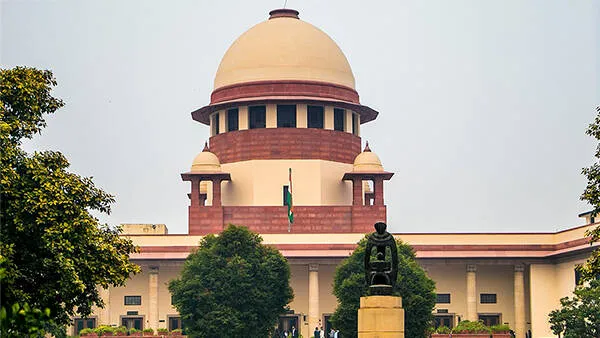

NEW DELHI: The Centre plans to file a review petition challenging the Supreme Court's historic ruling, which set deadlines for the President and Governors to decide on bills passed by the Assembly. The Centre's main argument is that the issue, being constitutional, should be heard by a larger Constitution Bench in Supreme Court rather than the two-judge bench that made the judgment.
Kerala Governor Rajendra Arlekar had recently raised this argument in public. Since the Supreme Court is on holiday for Ambedkar Jayanti, the Attorney General is expected to bring up the matter in court on Tuesday. Reports suggest that the Union Home Ministry has sought legal opinions from both Attorney General R. Venkataramani and Solicitor General Tushar Mehta.
In Tamil Nadu, the state government has already converted 10 bills into laws, bypassing the Governor's approval, based on the Supreme Court's judgment. The Centre is concerned that other states, like Kerala, might follow suit. A copy of the judgment has been directed to be sent to the principal secretaries of the governors of all states by a bench of Justices J.B. Pardiwala and R. Mahadevan.
The Centre is also worried about the judgment’s broader implications. It fears this ruling could lead to the reinstatement of lapsed bills, as these bills had not received approval from either the President or the Governor. The Centre also questions the court's interpretation that the President does not possess veto power over state bills.
The conditions highlighted in the judgment requiring review include:
1. The President must decide on bills sent by the Governor within three months.
2. If the Governor disagrees with the bills, they must return them to the Assembly within three months with reasons for disagreement.
3. If the bill should be considered by the President, the Governor must take necessary action within a month.
The judgment also referenced governance practices in Pakistan. Article 75 of Pakistan’s Constitution sets a 10-day limit for the President to approve or return a bill. If sent back, the President must approve it within another 10 days. Furthermore, the judgment pointed out that if no action is taken within the given timeframe, the bill is considered approved by the President.